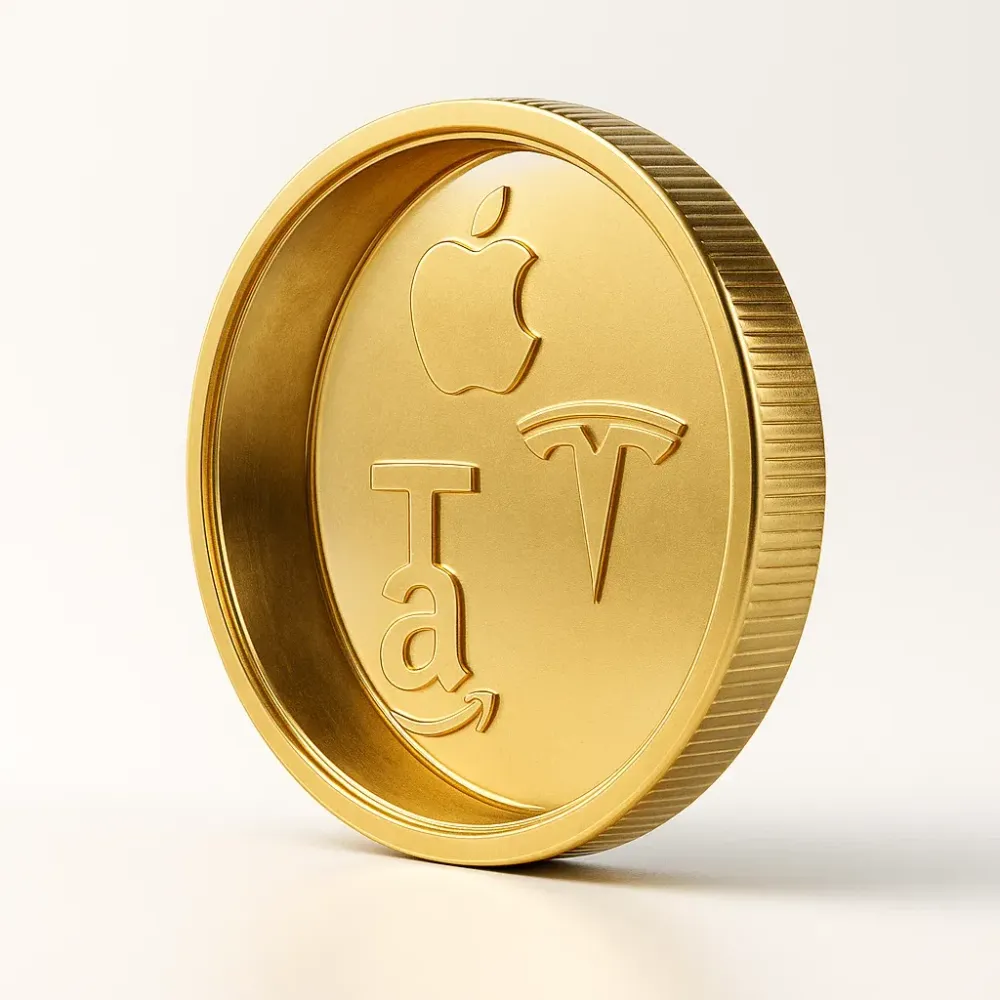EU Regulator Warns Tokenized Stocks Could Mislead Retail Investors
📉 EU Sounds Alarm on Tokenized Stocks: “Not Real Shares”
From Robinhood to Kraken, tokenized stocks are booming. But Europe’s top regulator says retail traders risk being duped — mistaking synthetic tokens for true shareholder rights.
⚡ Quick Hits
- 🏛️ Regulator: ESMA (European Securities and Markets Authority)
- ⚠️ Main risk: Tokens mirror stock prices but don’t grant dividends or voting rights
- 📲 Platforms expanding: Robinhood, Kraken, others
- 🌍 Global echo: World Federation of Exchanges urging tighter oversight
- 💬 Quote: “Specific risk of investor misunderstanding” — Natasha Cazenave, ESMA
🕵️ What’s Going On?
Tokenized stocks are marketed as digital assets that track the prices of listed companies like Tesla or Apple. They trade 24/7, promise fractional ownership, and look like equities — but regulators say the similarities end there.
Natasha Cazenave, ESMA’s executive director, warns that these tokens are often synthetic trackers issued through intermediaries or SPVs (special-purpose vehicles). Investors can’t vote, can’t claim dividends, can’t attend shareholder meetings.
In short: you’re getting exposure to the stock’s price, not ownership in the company.
📲 Platforms Push Ahead
Trading apps are hyping the trend:
- Robinhood and Kraken are expanding tokenized stock offerings in Europe.
- The pitch? Fractional trades, 24/7 markets, lower entry barriers.
- The fear? Slick marketing blurs the line between “equity” and “equity-like.”
The World Federation of Exchanges backs ESMA’s concerns, saying regulators must act now before tokenized products scale up and damage trust in capital markets.
🌐 Tokenization’s Untapped Promise
To be fair, tokenization could change finance:
- Cheaper, faster, more global access to assets.
- Easier trading of everything from stocks and bonds to real estate.
But Cazenave points out the reality check: today’s projects are tiny, illiquid, and overhyped. Real benefits — like efficiency and accessibility — haven’t been delivered at scale.
🚨 Why It Matters
For regulators, the danger is simple: retail investors think they’re becoming shareholders when they’re really just holding a tracker token.
- ❌ No voting rights.
- ❌ No dividend payouts.
- ❌ No direct equity claim.
Europe’s message is blunt: innovation must not outpace investor protection. Until tokenized stocks embed true ownership rights, they’ll be treated with suspicion.
✍️ TL;DR
Tokenized stocks are growing fast on platforms like Robinhood and Kraken, offering 24/7 fractional trading. But ESMA warns they’re not “real shares” — no dividends, no voting rights, no ownership. For now, tokenization remains more hype than substance, and regulators are making clear that investor protection comes first.

Recent News
All Time High • Live
Have questions or want to collaborate? Reach us at: [email protected]










